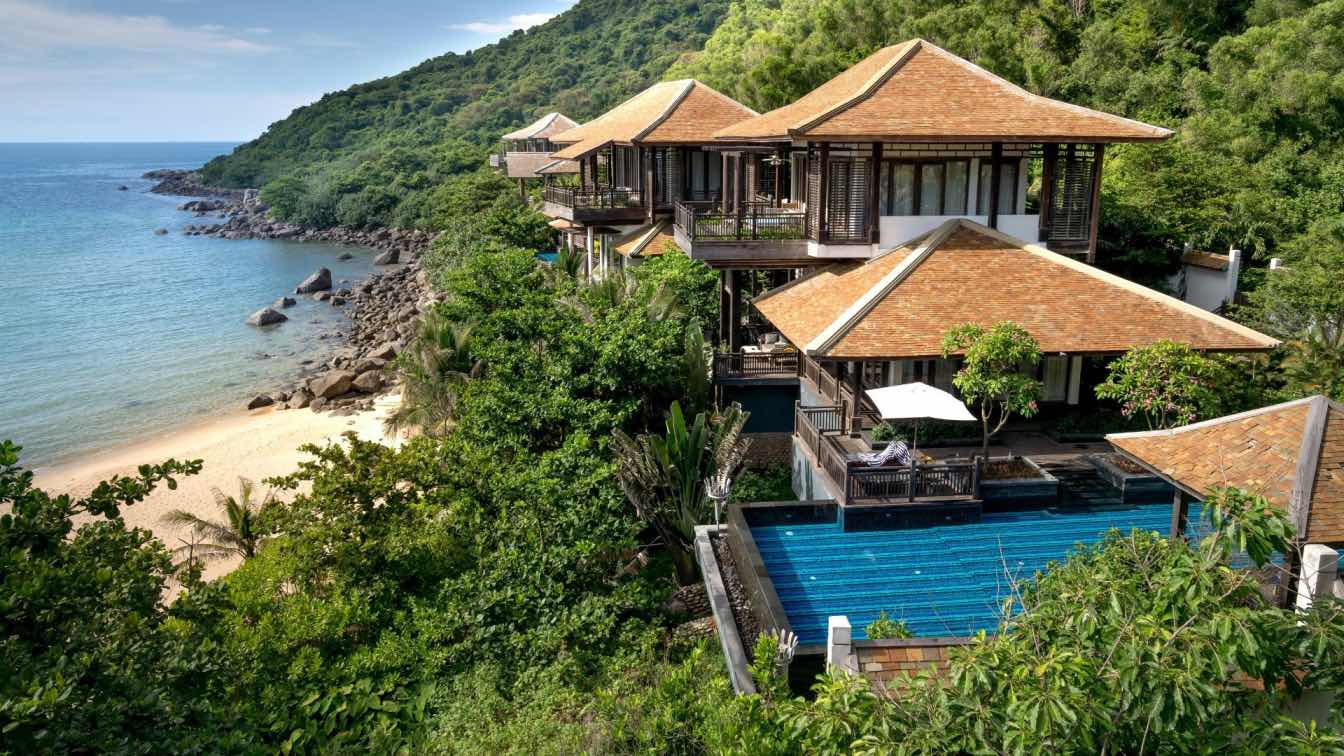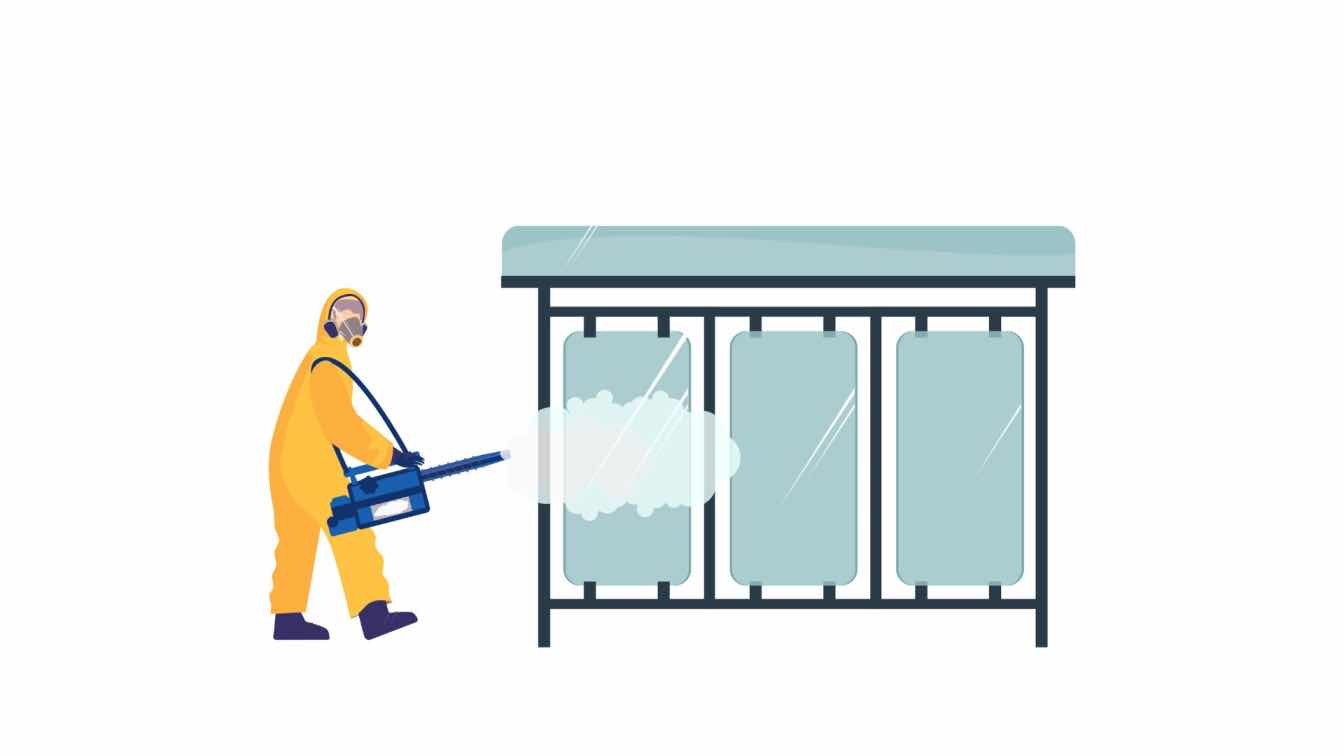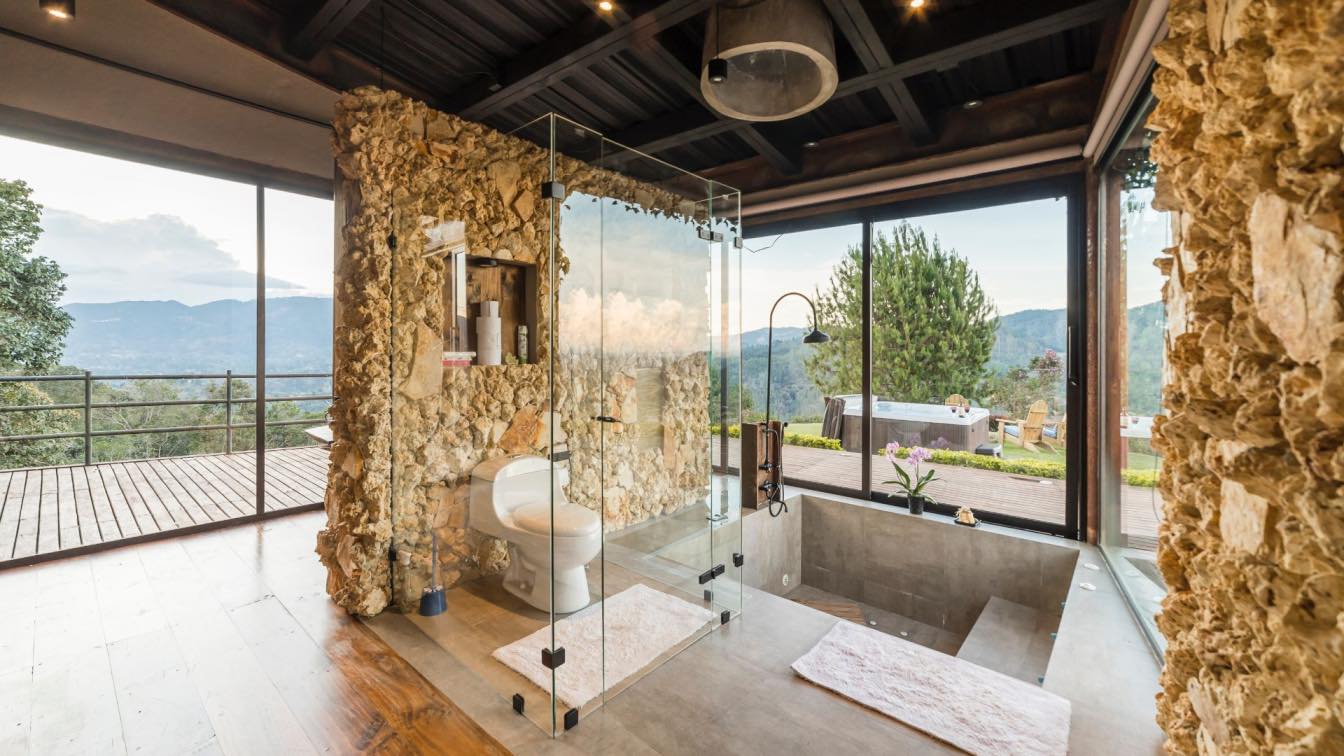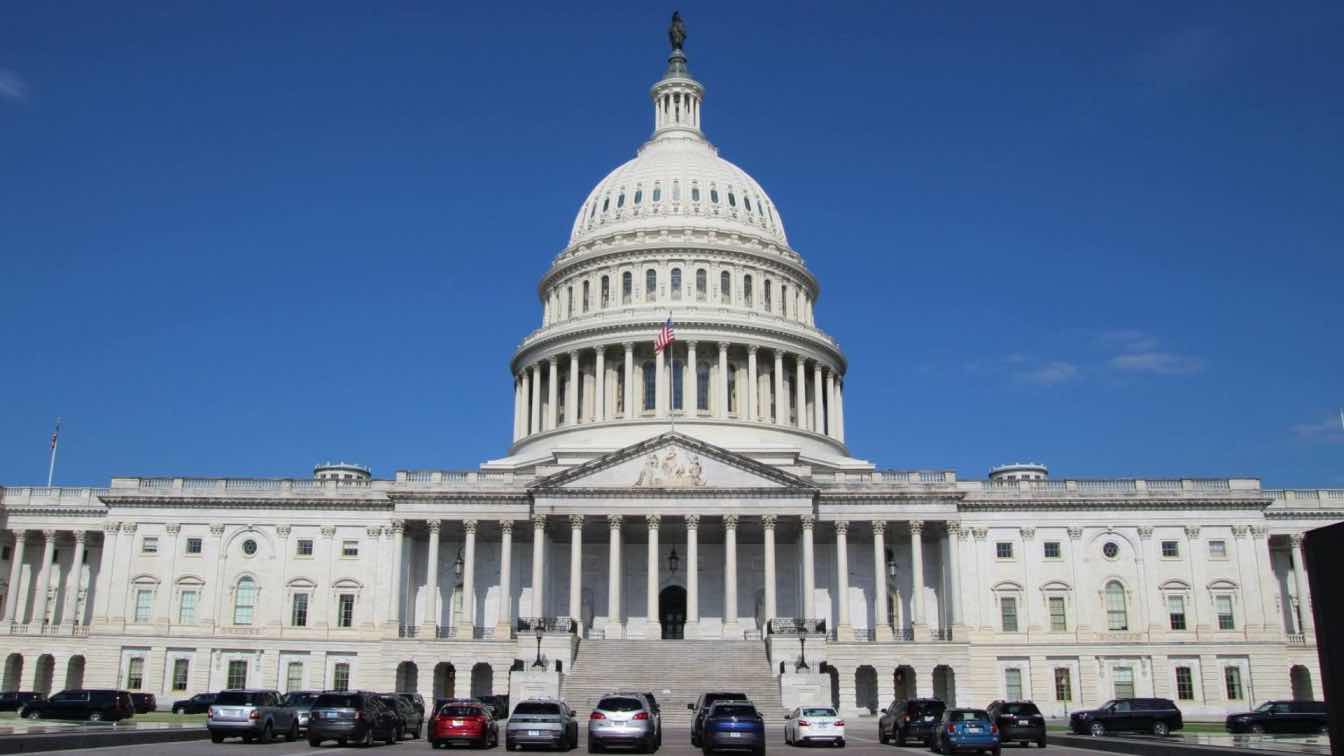Owning a vacation home offers a unique blend of beauty and tranquility. You can occasionally visit and stay there to get out of your daily busy schedule. However, owning such a home in a wildfire-prone area comes with significant risks.
According to a new report by UNEP and GRID-Arendal, climate change is expected to significantly increase the frequency and intensity of wildfires. The report projects a global rise in extreme fires by up to 14 percent by 2030 and 50 percent by 2100.
Now, as reported by CNBC, Texas and Georgia are two of the best states in the US to buy vacation homes in. At the same time, these two states – Texas and Georgia – are also known for frequent wildfires.
Here are a few precautions you must take to safeguard your vacation home if it is located in a wildfire-prone area.
Choose Fire-Resistant Building Materials
Ensuring that your home is built with materials that can withstand high temperatures is a crucial step in minimizing wildfire damage.
Metal roofs, for instance, are much more fire-resistant compared to wooden shingles. For siding, consider fiber cement or stucco, both of which offer better protection against flames.
Double-pane glass windows can also provide an additional layer of defense by reducing the likelihood of breaking from the heat of a nearby fire.
Secure Comprehensive DP-3 Insurance Coverage
Securing the right insurance coverage is critical for protecting your investment in a wildfire-prone area. DP-3 insurance, a specialized dwelling fire policy, is designed to cover rental properties and vacation homes. This policy protects the structure of your home and also offers coverage for personal property and loss of rental income.
As Hippo puts it, unlike standard property insurance, DP-3 insurance provides comprehensive protection for landlords. It ensures that you have adequate coverage for any potential damage caused by wildfires. This coverage is ideal for properties that you are not residing in permanently.
Make sure your policy includes sufficient protection for personal belongings and rental income to avoid financial strain in the event of a disaster.
Create a Defensible Space Around Your Property
Creating a defensible space is one of the most effective ways to protect your vacation home from wildfires. This involves clearing vegetation and flammable materials within a certain radius of your home to slow the spread of fire.
Always trim trees and shrubs around your vacation home, keeping a minimum of ten feet distance between them and the property. Also, do not forget to maintain a lean, clean and green landscape around the vacation house.
Also, create a buffer zone by keeping firewood stacks, propane tanks and other combustible materials at a safe distance from your home. The US Forest Service recommends a buffer zone of 30 feet in length.
Install a Reliable Water Source and Firefighting Equipment
Having a reliable water source and firefighting equipment readily available can make a significant difference in protecting your home during a wildfire.
Install an external water source, such as a swimming pool, pond or a large water tank, that can be used by firefighters. Ensure you have easy access to hoses, pumps and nozzles that can reach all areas of your property.
Consider installing a sprinkler system on the exterior of your home and in vulnerable areas such as the roof and eaves. Also, equip your home with fire extinguishers, fire blankets and a first aid kit. Regularly check and maintain all firefighting equipment to ensure they are in working condition when needed.
Develop an Emergency Evacuation Plan for Residents of Your Vacation Home
An emergency evacuation plan is essential for ensuring the safety of you, your family and any guests staying at your vacation home.
Develop a comprehensive plan that includes multiple escape routes, a designated meeting place and contact information for local emergency services. Make sure everyone is familiar with the plan and knows what to do in case of a wildfire.
Regularly practice evacuation drills to ensure everyone can evacuate quickly and safely. Always have a go-bag ready with essential items like medications, important documents, clothing and emergency supplies. Stay informed about wildfire conditions through local news and emergency alerts and be prepared to evacuate immediately.
Monitor and Maintain Your Property Regularly
Regular monitoring and maintenance of your vacation home are crucial for minimizing wildfire risks.
Clean your property regularly, removing debris, fallen leaves and other flammable materials. Ensure that your roof, gutters and downspouts are clear of leaves and pine needles. Check and maintain fire-resistant landscaping and irrigation systems to keep vegetation healthy and less likely to ignite.
Every year, review and adjust your vacation home’s insurance coverage to ensure it meets your current needs. Vigilantly maintaining your property can greatly minimize the risk of wildfire damage.
Frequently Asked Questions
Why do people own vacation homes?
People own vacation homes for various reasons, including having a dedicated place for relaxation, creating lasting family memories and potentially generating rental income. These homes serve as personal retreats and offer a sense of escape from daily routines, enhancing quality of life.
What kind of fire–resistant material should you use for your vacation home built in a wildfire-prone area?
For a vacation home in a wildfire-prone area, it is crucial to use fire-resistant materials such as concrete, stucco or brick for exterior walls. Roofing materials like metal or tile are also recommended. These materials help prevent the spread of flames and increase the home’s resilience to wildfires.
Do vacation homes need insurance coverage?
Yes, vacation homes, no matter where they are located, require insurance coverage. This type of coverage helps protect against different kinds of risks like fire, theft and natural disasters. Given the investment involved, insurance ensures financial security and peace of mind, covering repair or replacement costs if damage occurs.
Owning a vacation home in a wildfire-prone area requires diligent planning and proactive measures to ensure the safety of your property and loved ones. Taking these specific precautions will help protect your vacation home that is located in a wildfire-prone area. At the same time, doing so will provide peace of mind as you enjoy the beauty of your vacation home.





